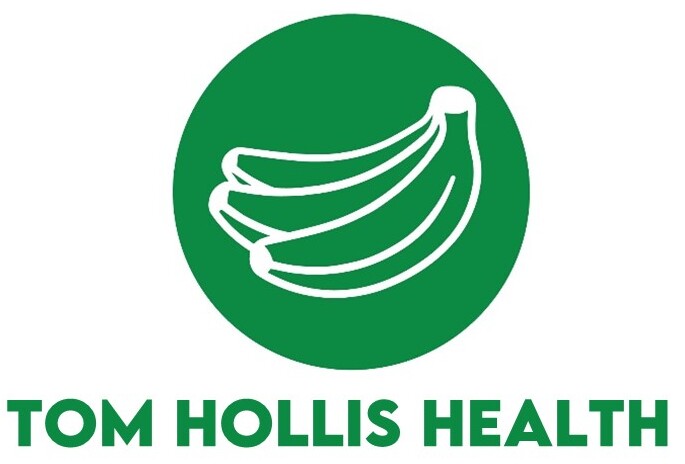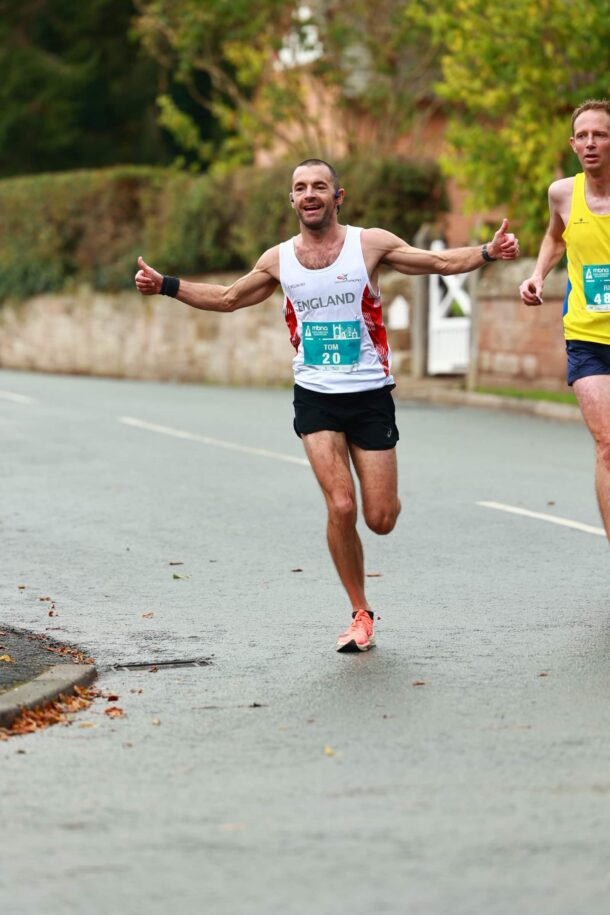So virtual races are now a thing, and they’ve certainly stirred up some strong opinions out there in the running community. Here are mine!
(Apologies for the London bias of this piece)
Overall, I think it’s a positive move. It’s all well and good using running for routine, relaxation and to stay sane (and I can say with some certainty that I would have struggled to achieve any of those 3 in 2020 without it), but competition is important. For some people, keeping fit, pushing themselves in training or following a strict schedule are sufficient running goals in themselves, but for most of us there becomes a point where we need to see the fruits of our labour by pushing it to the absolute limit in a race.
First, my disclaimer: I was never going to run the London Marathon this year. I have always been all-or-nothing with marathon training and I knew I had too much else going on in 2020 to really commit to it, so I was focussing instead on 2 halves in March. I got a big PB in the first (1:17 at Big Half), but by the time the second came along two weeks later (Bath Half), COVID-19 cases were streaming through the doors of my ICU and it was very clear that I shouldn’t be attending a mass event, so I pulled out. Anyone who has spoken to me about it will know I’m still fuming that the race went ahead at all…but I won’t dwell on that here.
At least I had the opportunity to unleash my training on one race though, and I have real sympathy for my friends, club mates and colleagues who got themselves into peak marathon condition for London / Brighton / Paris etc. etc., only to see the postponements and then cancellations come in one by one. It’s really not easy to stay in peak race shape (or motivation) for several months, and to anyone who asked my opinion around the time of those postponements, I suggested that instead of trying to do so, they should wind down for a month or two (relatively, of course) before aiming for a second (ahem) surge in late summer.
So, I’m delighted for these guys that they were given the opportunity to strut their stuff and enjoy the excitement and build-up that comes with a race, virtual or otherwise. And for many runners, this may be the closest they get to the real thing. London Marathon is infamously difficult to get into without a lot of luck in the ballot, a commitment to raise a lot of money for a charity, or a fast qualifying time, so this year’s virtual race presented a unique opportunity to get a finisher’s medal for some. That may mean a lot to someone who’s been trying and failing in the ballot for as long as they can remember (I know plenty in this category).
While we’re on the subject of qualifying and qualifying times, however, this is one area where I strongly oppose the virtual London Marathon stance. There’s no way that a virtual race should be eligible for Good for Age or Championship qualifying times – it’s an absolute farce. Yes, runners will be giving it everything but it cannot and should not be compared to achieving a time in proper race conditions. No runner that I know would quote a fast training run as their official PB for any given distance, because it’s acknowledged that the conditions just aren’t equivalent, and I think most would feel a bit coy about doing the same with a virtual race.
This is all before I even get into the thorny issue of those that will inevitably try to cheat the system, and there will be many! Presumably London will be wise enough to use ‘elapsed time’ rather than clock time, but there are still so many other ways that over-competitive runners could produce some ermm….surprising virtual results.
On a personal note, I can only assume that I’ll lose my Good for Age place in 2021 as there will be so many others deferring from 2020, and although that sucks, it’s fine – it gives me a good excuse to be a bit more adventurous with my marathon locations next year. It’s been far too long since I did that.
And finally, while these races are virtual, there’s nothing virtual about running 26.2 miles, so preparation has to be absolutely spot on. Nutrition plays an increasingly important role as training progresses, and becomes absolutely pivotal in those final few weeks before race day. There are so many aspects of endurance nutrition and hydration that are poorly understood by most runners, but can transform performance in training and race day. This is where a good Sports Dietitian such as myself should come in. Put simply, you will not see the adaptation you deserve from your incredible training efforts if you don’t have a proper, personalised nutrition strategy running in parallel.
Good luck to everyone who’s probably not far off their peak training weeks for London right now. Your nutrition is more important than you can possibly imagine, and I can work with you to make sure you leave nothing to chance and that your body is perfectly fuelled for the big day.





0 Comments